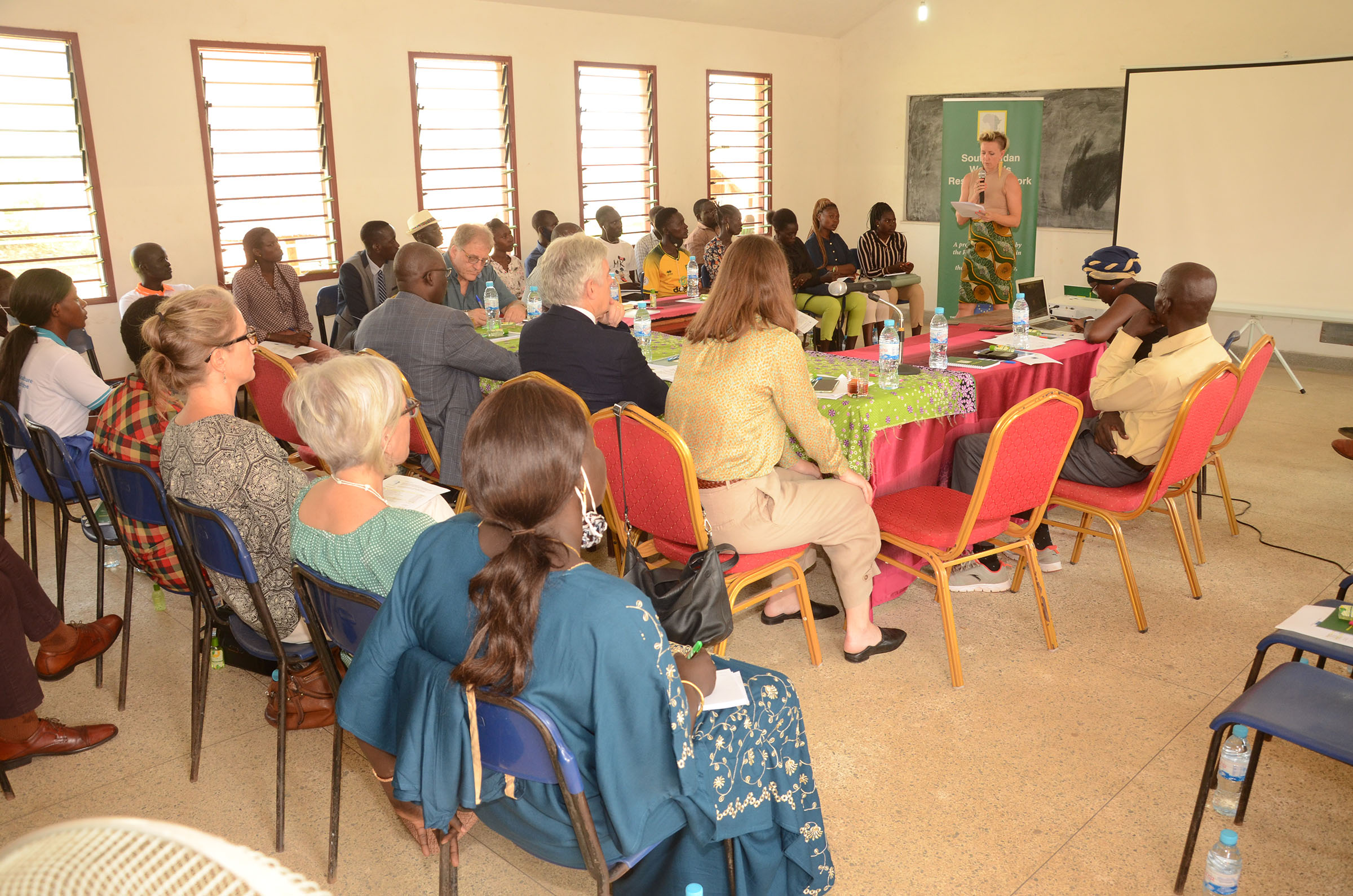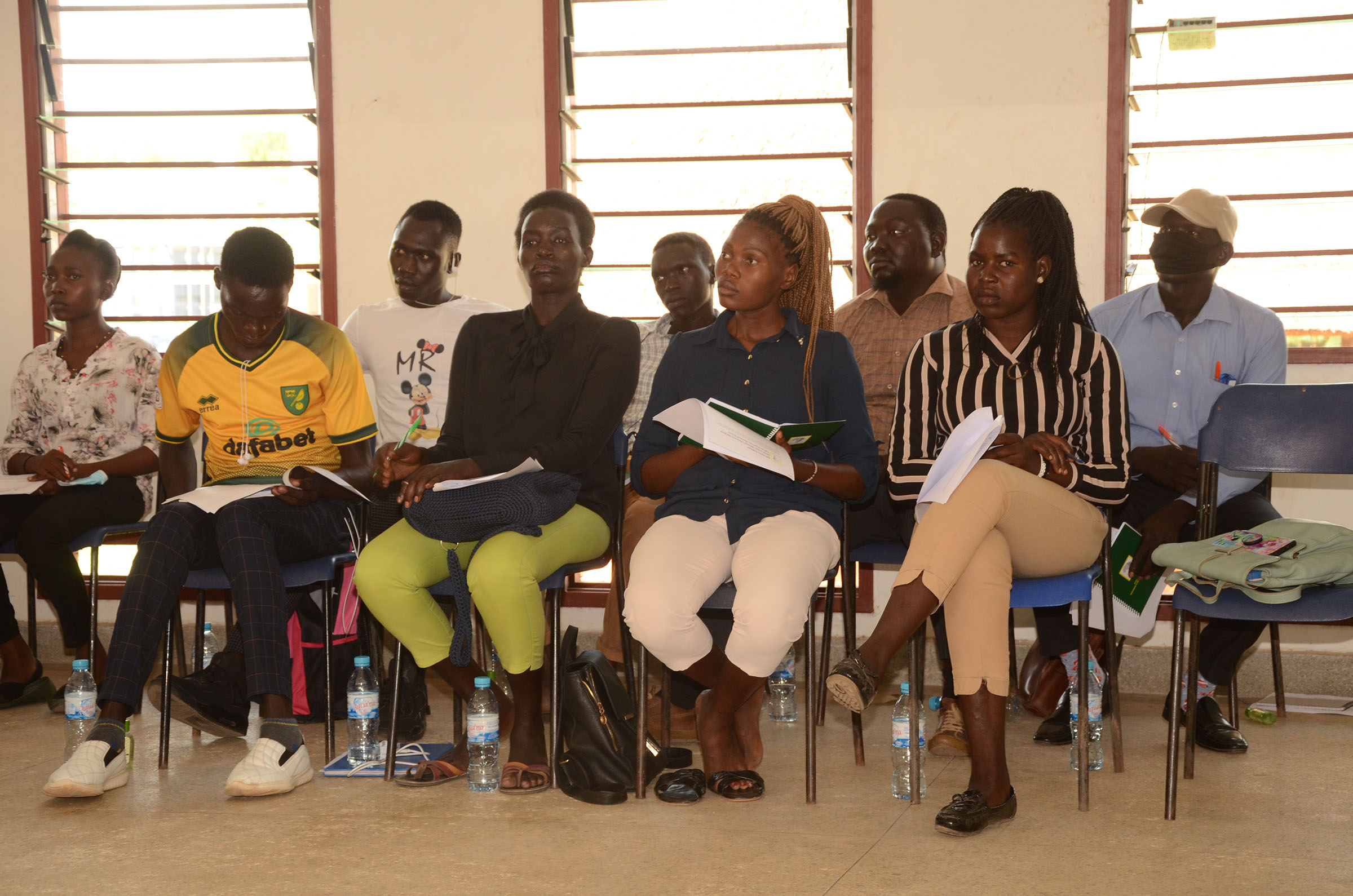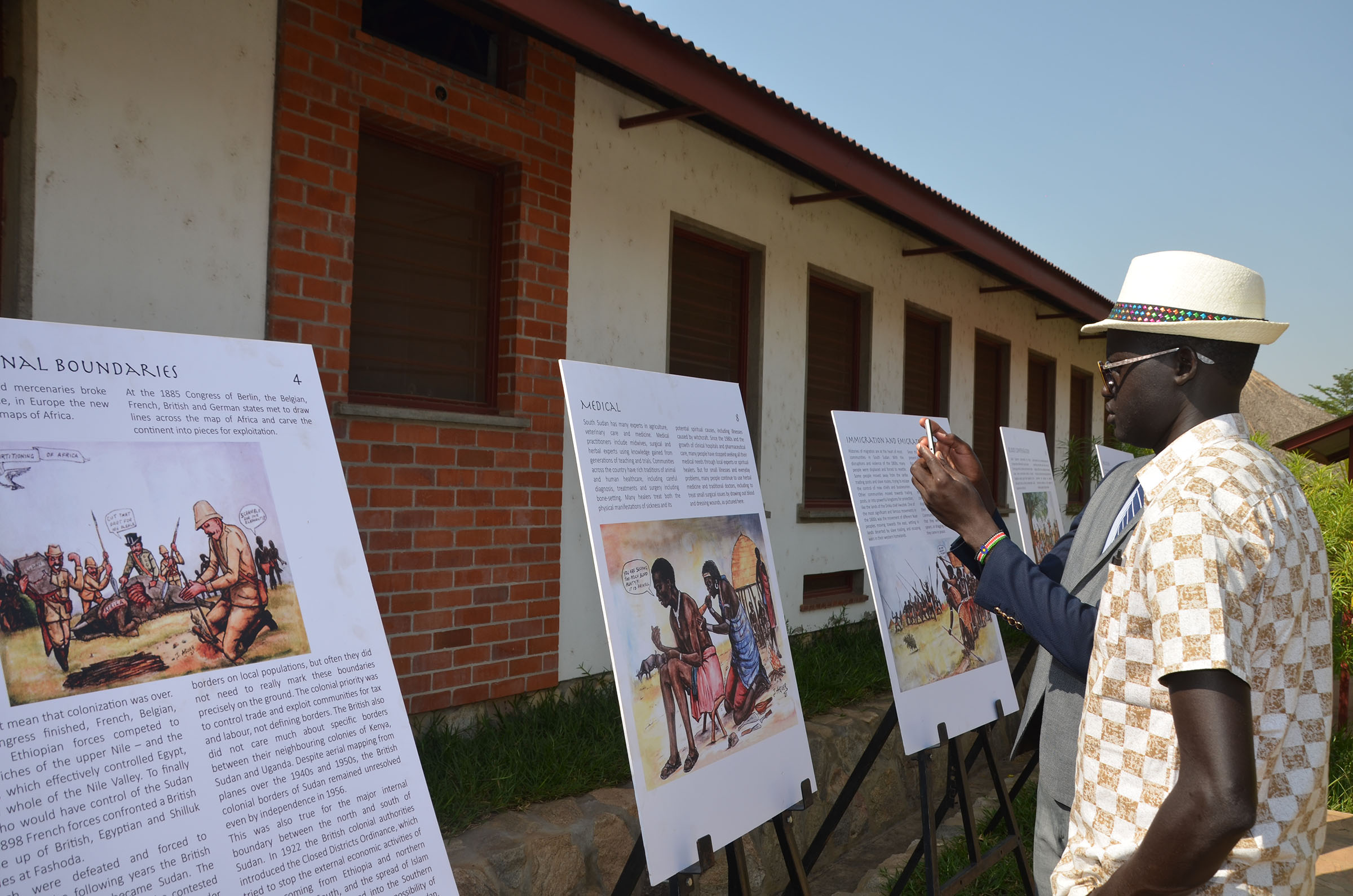The South Sudan Women’s Research Network Project (SSWRN) promotes local women’s voices in research development and heritage preservation. It does this through a capacity building and training project that aims to invest in and enhance civil society’s knowledge of evidence-based analysis of conflict dynamics and human rights.

The project was developed out of the need to engage women in research and bring their voices to the fore. Institutions of higher learning in South Sudan have few women researchers—a consequence of historic inequalities in education and other sectors. As a result, there is a lack of meaningful evidence-based, structured policy engagement on gender issues specifically, and developmental issues more broadly. This project aims, among other things, to promote the engagement of women as independent experts and development actors positioned to contribute to policy dialogue in the country.
Engaging more women in research must be combined with promoting knowledge that is rooted in local needs and perspectives and formulated in response to citizen’s needs. At present, much research conducted in South Sudan is donor driven and designed to respond to specific—externally determined—policy agendas. There needs to be greater emphasis on localized solutions as the basis for research agendas that respond to local needs and contribute to collective problem-solving. These solutions should also generate contextual information with and for civil society organizations, nongovernmental organizations, donor interventions and policy making, while empowering communities themselves.

The European Union funds the South Sudan Women’s Research Network Project for a period of three years between 2020 – 2023. The project will build on and strengthen several work and research streams that RVI has been undertaking in South Sudan, and in the region more broadly. Supporting the development of public research institutions and building expertise in research; making local knowledge work by developing a locally grounded research agenda; and building the South Sudan National Archives as an important repository of public information.
The SSWRN’s design compliments long-term discussions between RVI and its research partners and networks working in and on South Sudan. The project’s objective is to increase the capacity, experience and institutional power of women researchers, which will in turn increase and diversify knowledge production on developmental challenges, widening the scope for gender sensitive development and good governance, and ultimately improving the development outcomes of women in South Sudan.

Some of the project’s long and short-term outcomes include building a cohort of skilled women researchers within South Sudanese institutions and who are part of regional and international academic networks. Using their advanced analytical and research skills, these women will lead research projects that increase the visibility of evidence-based information about South Sudan and gender issues.
It is also expected that a larger pool of trained and well-networked women researchers in South Sudan within stronger institutions will promote an increase in high quality and locally generated research on South Sudan and its history and women’s place and politics in it. It is our hope that through this initiative research organizations and tertiary level academic institutions will be strengthened to produce higher quality knowledge to inform public debate in South Sudan on women’s rights, civil society, sustainable development efforts, relevant and responsive policy development and ultimately better development outcomes for women in South Sudan.
Click here for SSWRN’s latest publications.



